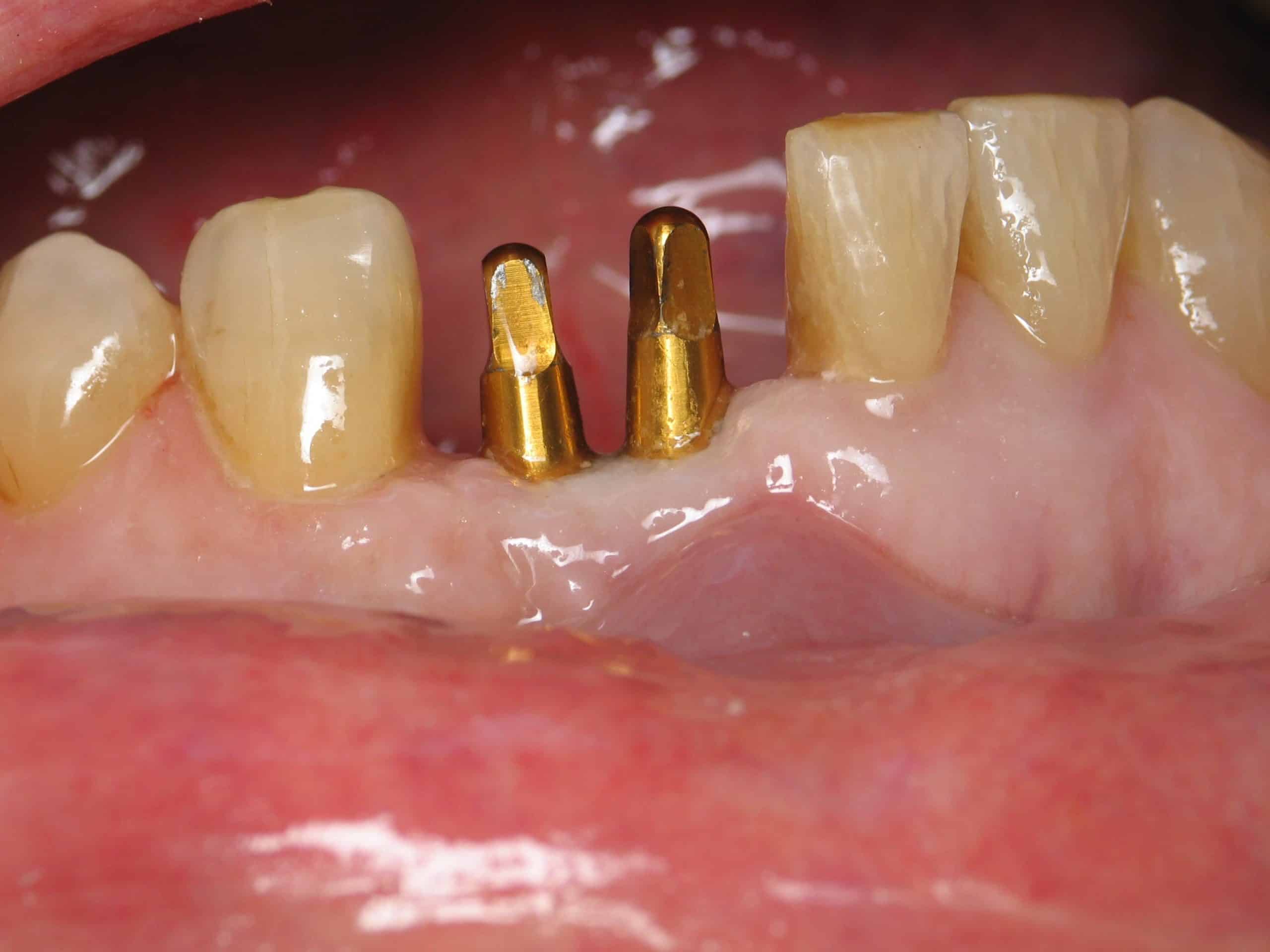When Is Dental Extraction Safe During Pregnancy? Expert Guidance
Pregnancy is a unique and delicate period in a woman’s life, filled with numerous physiological changes and emotional shifts. Amidst the excitement and preparation for welcoming a new life, maintaining oral health is crucial, not just for the mother’s well-being but also for the baby’s development. Dental issues, including toothaches and gum diseases, can arise at any time, sometimes necessitating interventions such as dental extractions. However, the safety of dental extraction during pregnancy is a concern for many expectant mothers and their healthcare providers. Understanding when dental extraction is safe during pregnancy requires insight into the physiological changes during pregnancy, the importance of oral health, and the guidelines provided by dental and obstetric professionals.
Physiological Changes During Pregnancy
Pregnancy is associated with several physiological changes that can affect oral health. Hormonal fluctuations, particularly the increase in progesterone and estrogen levels, can lead to changes in the oral cavity. One common issue is pregnancy gingivitis, characterized by inflammation of the gums, which can be more severe in pregnant women due to their heightened hormonal state. Additionally, pregnancy can lead to increased blood volume and cardiac output, which may influence the approach to certain dental procedures, including extractions.
Importance of Oral Health During Pregnancy
Maintaining good oral health during pregnancy is vital for several reasons. Firstly, oral health issues such as periodontal disease have been linked to adverse pregnancy outcomes, including preterm birth and low birth weight. Secondly, untreated dental problems can lead to pain and infection, potentially spreading systemically and posing risks to both the mother and the fetus. Therefore, it is essential to manage dental issues promptly and safely during pregnancy.
Safety of Dental Extraction During Pregnancy
Dental extraction during pregnancy can be safe when performed under the right circumstances and with appropriate precautions. The American Dental Association (ADA) and the American College of Obstetricians and Gynecologists (ACOG) provide guidelines for dental care during pregnancy, emphasizing the importance of emergency dental care, including extractions, when necessary.
First Trimester Considerations
The first trimester is a critical period of fetal development, and any medical or dental intervention should be approached with caution. Elective dental procedures, including extractions, are generally avoided during this period unless absolutely necessary due to the potential risks of interfering with organogenesis. However, if an emergency dental situation arises, such as a severe toothache or infection, extraction may be considered after consulting with both dental and obstetric professionals.
Second Trimester
The second trimester is often considered the safest period for dental interventions, including extractions, due to the lower risk of affecting fetal development directly. Most dental procedures can be performed during this time with appropriate precautions, such as the use of local anesthesia and, if necessary, antibiotic coverage to prevent infection.
Third Trimester Considerations
In the third trimester, dental extractions can still be performed, but the approach may need to be more cautious due to the increased risk of preterm labor and the potential for the patient to have a difficult time lying on her back for extended periods. Positioning the patient in a way that avoids putting pressure on the vena cava and ensuring that any procedure is as brief as possible can help minimize risks.
Guidelines for Safe Dental Extraction
To ensure the safety of dental extraction during pregnancy, several guidelines should be followed: - Consultation: Consult with both dental and obstetric caregivers to determine the safest approach for any necessary dental procedures. - Emergency Basis: Dental extractions should only be performed during pregnancy on an emergency basis, unless absolutely necessary for the mother’s health. - Local Anesthesia: The use of local anesthesia is considered safe during pregnancy. However, it’s crucial to choose anesthetics that are recommended for use in pregnant women. - Stress Reduction: Minimizing stress during dental procedures is important. Techniques such as nitrous oxide sedation may be considered, but only after careful evaluation of the potential risks and benefits. - Antibiotic Use: The decision to use antibiotics should be made on a case-by-case basis, considering the risk of infection against the potential effects of antibiotics on the fetus.
Conclusion
Dental extraction during pregnancy can be safe when performed with caution and under the right circumstances. It is essential for pregnant women to maintain good oral health and address any dental issues promptly to avoid more severe problems. By understanding the physiological changes during pregnancy, the importance of oral health, and following the guidelines provided by dental and obstetric professionals, women can receive the necessary dental care, including extractions, while minimizing risks to themselves and their babies.
FAQ Section
Is it safe to get a tooth extracted during pregnancy?
+Dental extraction can be safe during pregnancy, especially when performed during the second trimester. However, it’s crucial to consult with both dental and obstetric professionals to determine the safest approach based on individual circumstances.
What are the risks of not treating dental problems during pregnancy?
+Untreated dental problems can lead to pain, infection, and potentially systemic issues that may pose risks to both the mother and the fetus, including preterm birth and low birth weight.
Can I use pain medication after a dental extraction during pregnancy?
+The use of pain medication should be discussed with your healthcare provider. Acetaminophen is often recommended for pain relief during pregnancy, but other medications should be used with caution and only under medical supervision.
How can I maintain good oral health during pregnancy?
+Maintaining good oral health during pregnancy involves regular brushing and flossing, a balanced diet, and regular dental check-ups. It’s also important to report any dental issues promptly to your dentist.

